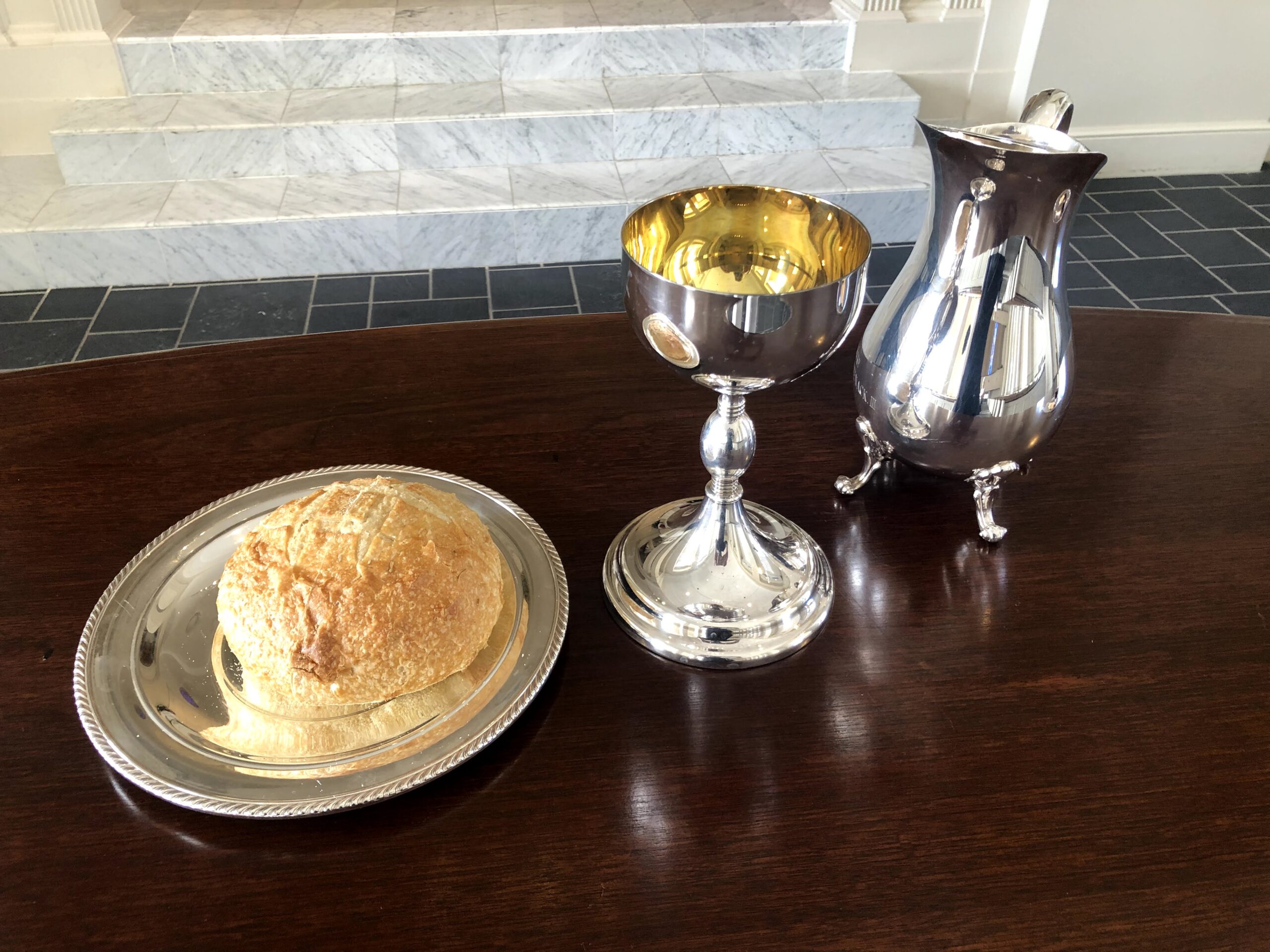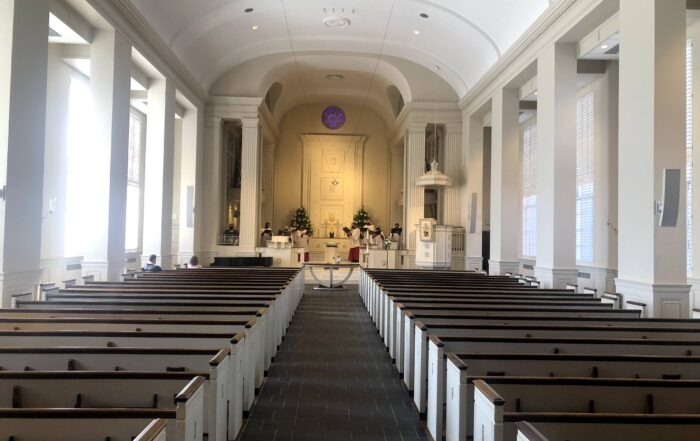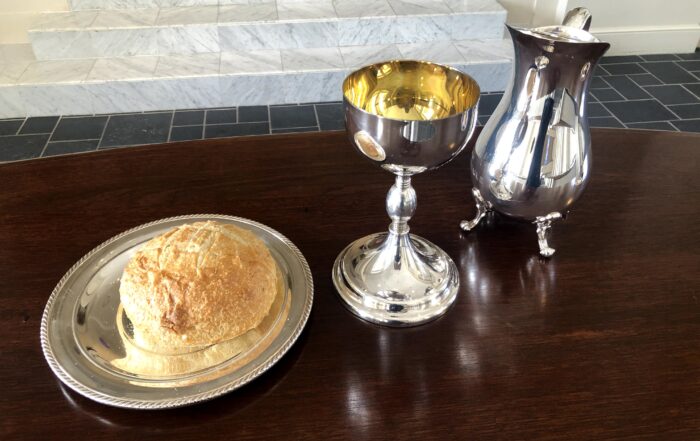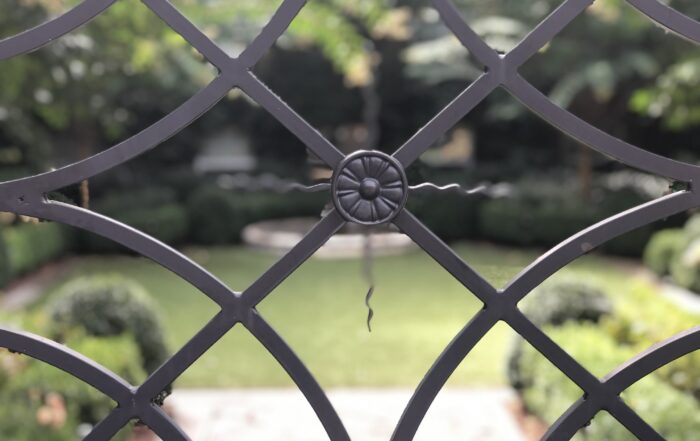Eugene Peterson was the founding pastor of Christ Our King Presbyterian Church in Bel Air, Maryland, where he served for 29 years. He is best known to most of the world, though, as a theologian and author of more than 40 books. While I did not always agree with him completely, I can’t ever remember finishing a Eugene Peterson work without having come across something quite profound to chew on. Peterson passed away three years ago, and recently I read Winn Collier’s authorized biography of Peterson, A Burning in My Bones.
Collier tells a story that I recalled from years ago when I read Peterson’s book on Jeremiah, entitled Run with the Horses. It is one of those stories that stuck with me the first time I heard it and resonated when I heard it again, because it makes me stop and reflect deeply on my life.
Peterson grew up in a Pentecostal family in Montana, his mother a charismatic preacher and his emotionally disengaged father a butcher. He went to Seattle Pacific University and then decided to leave behind his rural roots and attend New York Theological Seminary. As a seminary student, he served at the West Park Presbyterian Church as an assistant pastor. It was there that he met and became good friends with the church janitor, Willi Ossa. Willi was an artist who worked at night at the church to support his wife and infant daughter. Willi was German by birth and grew up during WWII. He married the daughter of an American officer who was stationed in Germany. Quickly, the two became friends and enjoyed many evenings in deep conversation. Willi liked to talk about religion and Peterson liked to talk about art. Before long, Eugene was eating dinner every Friday night with Willi and his wife. After a few weeks, Willi asked if he could paint Peterson’s portrait and when Eugene agreed, he began going to Willi’s house on West 92nd Street a couple of afternoons a week to sit for thirty minutes or so for his portrait.
As Willi painted, Eugene was never permitted to see the painting. However, one day nearing the completion of the portrait, Willi’s wife came into the room and looking at the portrait she cried out in outrage, “Krank, krank.” Eugene said, “I knew just enough German to know that she was saying, ‘Sick! You paint him to look like a corpse!’”
Willi then quickly spouted back to his wife, “Nicht krank, aber keine Gnade”—“he’s not sick; that is the way he will look when the compassion is gone, when the mercy gets squeezed out of him.”
Commenting on this event years later, Peterson said, “A few half-understood phrases were enough for me to guess correctly, without seeing the portrait, what Willi was doing.”
In Willi’s portrait, Eugene is wearing a drab black robe and his face and body are gaunt. His eyes are flat and his expression is blank. It is a portrait of one with no humanity. No compassion. No empathy. Krank indeed.
Eugene Peterson goes to on to explain that Willi had grown up in Germany and had watched as Christians had annihilated six million Jews. When he thought of a Christian he thought of one who had been baptized, took communion and played Mozart all the while committing mass murder. He thus hated the church and thought that all Christians were hypocrites. Willi argued that the church squeezed the spirit out of people. He said to Peterson, “…There is no mercy in the church, keine Gnade, no compassion.”
Willi proceed to warn Eugene that he must never become a pastor. “If I became a pastor, in twenty years I would be nothing but a hollow-eyed clerk good for nothing but desk work.”
During these past several years, this is my fear of what has happened too many of us as people of faith. It is the tragic reality of too many of our faith communities. We have had the compassion and empathy squeezed out of us. And, in response the world stares back at us and cries out, Krank!
We seem to have forgotten Paul’s words to the Colossians: “As God’s chosen ones, clothe yourselves with compassion, kindness, humility, meekness, and patience. Bear with one another and, if anyone has a complaint against another, forgive each other; just as the Lord has forgiven you, so you also must forgive.”





